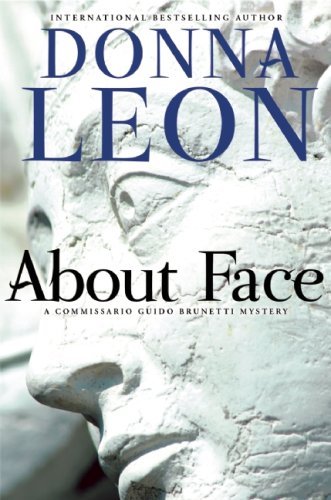What do you think?
Rate this book


278 pages, Hardcover
First published April 8, 2009








He closed the door and came back to sit on the bed.Some of this mystery is darker than others in the series. These lighter interludes were wonderful. Because I like this series so much, I have a hard time knowing which are my favorites and which are more "meh". This one, I think is a favorite and I'm giving it a strong 4-stars.
‘It snowed,’ he said. He raised the hand that had left the print in the snow and moved it closer to her shoulder. Though her head was turned away from him and mostly covered by a pillow, he had no trouble hearing her say, ‘If you put that hand anywhere near me, I will divorce you and take the children.’